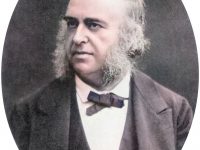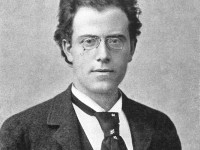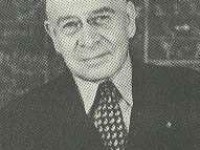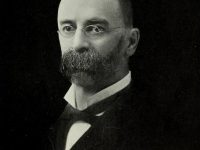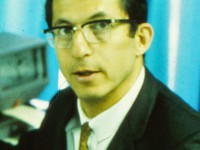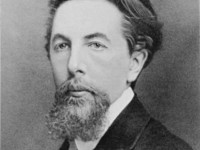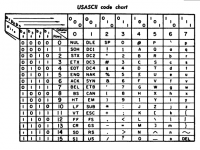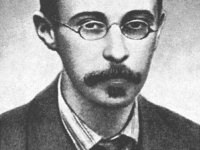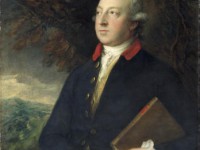Paul Broca’s research in the Causes for Aphasia
On July 9, 1880, French physician, anatomist and anthropologist Paul Broca passed away. He is best known for his research on Broca’s area, a region of the frontal lobe that has been named after him. Broca’s Area is involved with language. His work revealed that the brains of patients suffering from aphasia contained lesions in a particular part of the cortex, in the left frontal region. This was the first anatomical…
Read more

